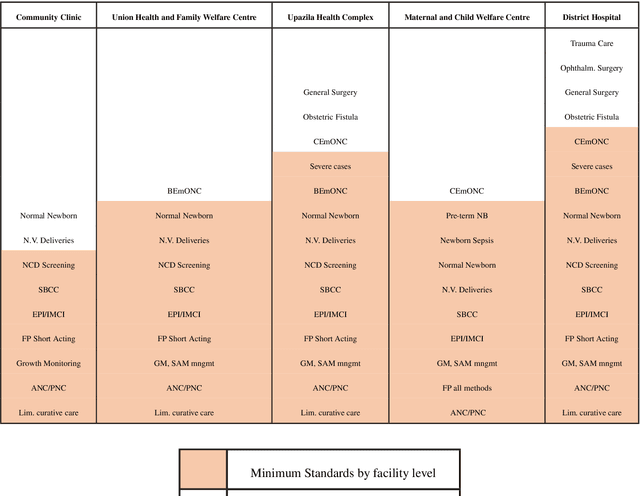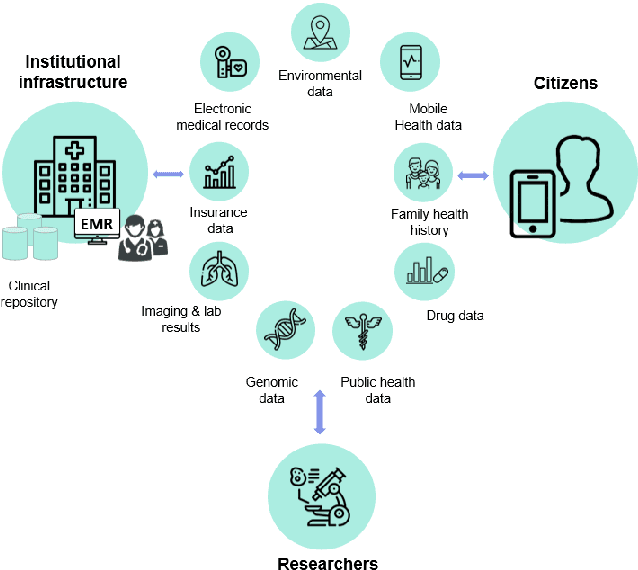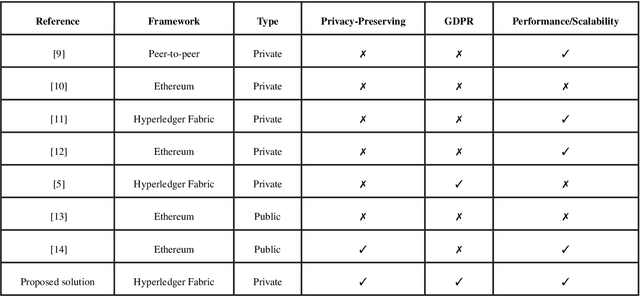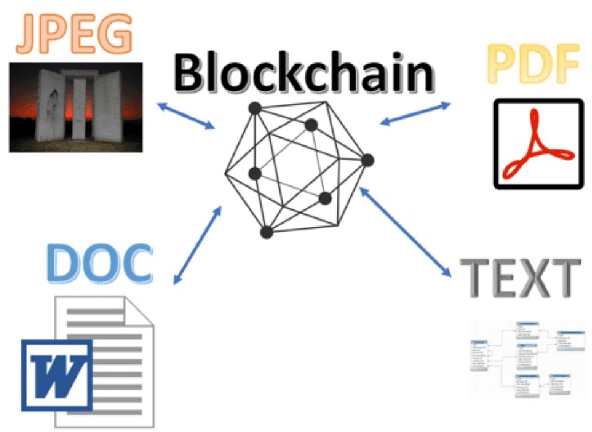Md. Al-Amin
History of generative Artificial Intelligence (AI) chatbots: past, present, and future development
Feb 04, 2024Abstract:This research provides an in-depth comprehensive review of the progress of chatbot technology over time, from the initial basic systems relying on rules to today's advanced conversational bots powered by artificial intelligence. Spanning many decades, the paper explores the major milestones, innovations, and paradigm shifts that have driven the evolution of chatbots. Looking back at the very basic statistical model in 1906 via the early chatbots, such as ELIZA and ALICE in the 1960s and 1970s, the study traces key innovations leading to today's advanced conversational agents, such as ChatGPT and Google Bard. The study synthesizes insights from academic literature and industry sources to highlight crucial milestones, including the introduction of Turing tests, influential projects such as CALO, and recent transformer-based models. Tracing the path forward, the paper highlights how natural language processing and machine learning have been integrated into modern chatbots for more sophisticated capabilities. This chronological survey of the chatbot landscape provides a holistic reference to understand the technological and historical factors propelling conversational AI. By synthesizing learnings from this historical analysis, the research offers important context about the developmental trajectory of chatbots and their immense future potential across various field of application which could be the potential take ways for the respective research community and stakeholders.
Distributed Ledger Technology based Integrated Healthcare Solution for Bangladesh
May 30, 2022



Abstract:Healthcare data is sensitive and requires great protection. Encrypted electronic health records (EHRs) contain personal and sensitive data such as names and addresses. Having access to patient data benefits all of them. This paper proposes a blockchain-based distributed healthcare application platform for Bangladeshi public and private healthcare providers. Using data immutability and smart contracts, the suggested application framework allows users to create safe digital agreements for commerce or collaboration. Thus, all enterprises may securely collaborate using the same blockchain network, gaining data openness and read/write capacity. The proposed application consists of various application interfaces for various system users. For data integrity, privacy, permission and service availability, the proposed solution leverages Hyperledger fabric and Blockchain as a Service. Everyone will also have their own profile in the portal. A unique identity for each person and the installation of digital information centres across the country have greatly eased the process. It will collect systematic health data from each person which will be beneficial for research institutes and health-related organisations. A national data warehouse in Bangladesh is feasible for this application and It is also possible to keep a clean health sector by analysing data stored in this warehouse and conducting various purification algorithms using technologies like Data Science. Given that Bangladesh has both public and private health care, a straightforward digital strategy for all organisations is essential.
 Add to Chrome
Add to Chrome Add to Firefox
Add to Firefox Add to Edge
Add to Edge